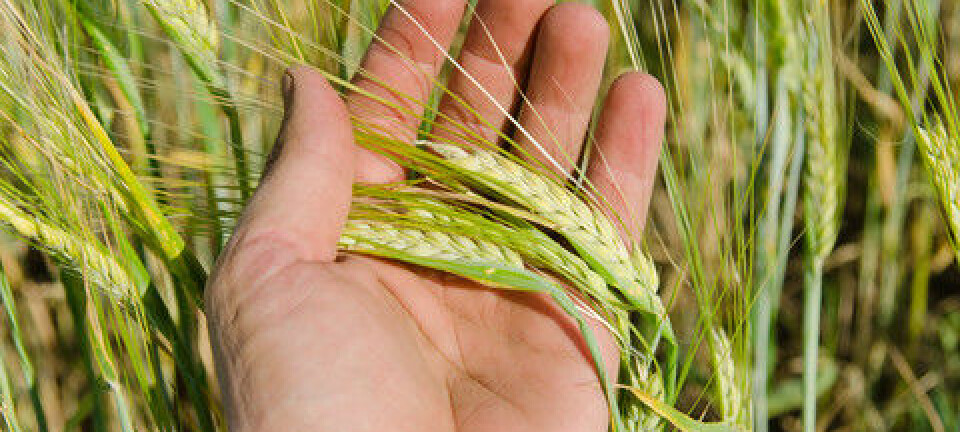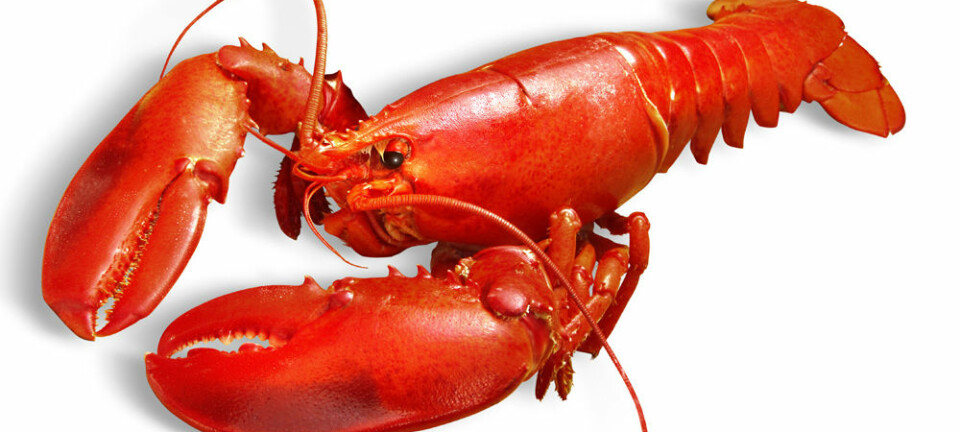
Do stricter border controls increase human trafficking?
Are the EU's strict migration rules increasing the risk of women falling prey to traffickers, as their only way into Europe? New research project aims to find out.
Women from Thailand and Nigeria often seek passage to Europe as sex workers or by marrying an EU citizen. Often family members back home rely on the money that these women save and send back to them.
But tighter migration controls in the EU have made it harder for women to come to Europe in recent years.
A new three-year research project will examine whether the EU's strict migration controls might push women into trafficking when it becomes too difficult to enter Europe legally.
“It's a moral and political debate in most Western countries, but we don’t always look at how our own legislation may help to create the processes in which women can be caught up in trafficking," says Sine Plambech, postdoc at the Danish Institute for International Studies (DIIS).
"The more difficult it is to get into Europe, the more women are forced to indebt themselves to obtain false papers. The question is, would it change if they could now apply for a work visa and come to Europe without having to owe money to a criminal network?" she says.
The project has received funding from the Sapere Aude program from the Danish Council for Independent Research.
Strengthening Frontex can lead to desperate migrants
Plambech will compare developments in Thailand and Nigeria to examine how Europe's increasing migration restrictions affect women. For example, do women migrate elsewhere because it is too difficult to get into Europe?
She will also investigate the effects of current EU legislation, including the recent EU proposals to strengthen Frontex, the EU's border control enforcement.
"I’ll definitely look at how women traveling from Nigeria through the Sahara desert and sailing over the Mediterranean will be affected by the rules that make it harder to come to Europe than it has been before,” says Plambech.
“Will they begin to travel to South Africa or South America, or will they stay in Nigeria and find other ways to survive?” she says.
Associate Professor Christian Groes from Roskilde University, Denmark, also studies migrants and trafficking. He agrees that strengthening Frontex could affect how migrants travel.
"It may well lead to more desperate migrants who will pay ever more and take greater risks to come to Europe to work as sex workers,” says Groes.
“But they can only do this by obtaining 'assistance' from traffickers and criminals who can obtain papers, illegal transportation, places where they can work, places to stay when they arrive and other practical things," he says.
Tight migration rules can stop the development of local areas
Plambech will start field trials in a small village in Thailand where the economic impact of female migration is obvious and has helped this area of Northeast Thailand to develop.
Residents involved in the research have chosen to remain anonymous.
Many of the village houses are paid for by women who live in the EU and send money home to Thailand.
"The more migration restrictions we establish that prevent women moving abroad, the harder it becomes for these women to help develop their local area,” says Plambech.
“There’s a contradiction between the desire to develop poor areas, so people do not migrate, and our simultaneous migration control,” she says.
“It’s a really topical issue right now. What does it mean when we make several restrictions on the countries in the south, who in many ways survive by migration?” she says.
According to Groes, one of the consequences of stricter border controls has been that women do end up in the hands of criminal traffickers.
"I totally agree that there is a correlation between increased migration control and human trafficking. The more we close our borders, the more we indirectly promote human trafficking. Most researchers in the field agree,” he says.
------------------
Read the Danish version of this story on Videnskab.dk
Translated by: Catherine Jex











